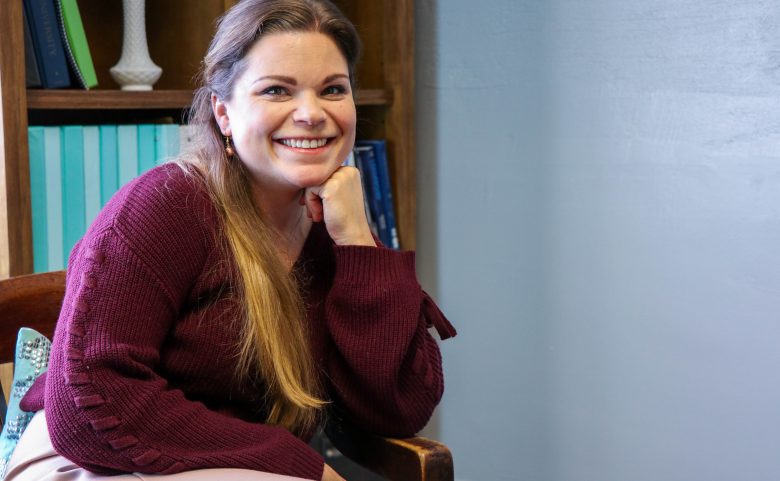In honor of National School Psychology Awareness Week (November 12-16 2018), we’re introducing you to each of our 10 school psychologists, and letting them explain what their jobs in our schools look like. They’re also going to debunk some common misconceptions about their roles (hint: they do not have fainting couches in their offices).
Meet: Victoria Dotson, MSP, SSP
What’s a myth about the role of a school psychologist you’d like to dispel?
I know Carrie said this before, but it’s that we are not the same as school counselors. While there is some overlap in services we can provide alongside counselors, we don’t work with students in the same way that they do. That said, we DO work with school counselors occasionally, notably in small groups with students where we will work on building social skills.
Okay, so what does it look like when you DO provide counseling with school counselors?
Counseling is usually a co-led group usually with a school counselor but possibly an Exceptional Children teacher. Typically, we work through a curriculum on building social skills, using activities and discussions to build whatever social skill deficits we may have identified – such as a lack of eye contact or personal space, or how to interact with peers and make friends. These co-led counseling sessions usually last for about 6 weeks. We also work with school counselors when there is a school crisis that requires counseling with students after a traumatic school-wide event.
What is a favorite element of your job?
One of my favorite parts of being a school psychologist is working with our students with Autism. As part of the Autism Evaluation Team, I’m able to interact with children who have such unique perspectives. One of my favorite anecdotes was from a 10-year-old who had an “arch nemesis!” They approach the world in a different way, and sometimes, they’ve been misunderstood by many for a lot of their childhood.
How do you and other school psychologists help teachers and others better understand these students?
We can help make connections, sort of like interpreters. For example, a teacher may think a specific action made by a student is a purposeful act designed to upset them; we can help show that for a child with Autism, the action’s actually a coping mechanism for living in a world that isn’t predictable, and they don’t understand the social rules their peers have distinguished. And by working with teachers and other specialists, we can provide very direct support and instruction that help students with Autism build social skills in the classroom and beyond.







